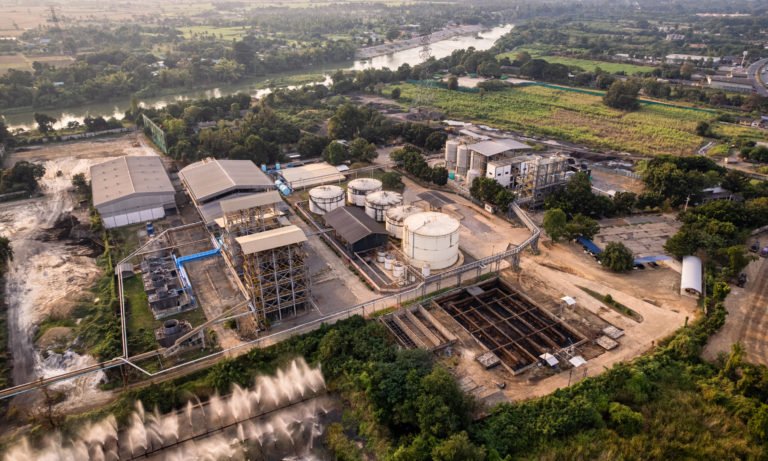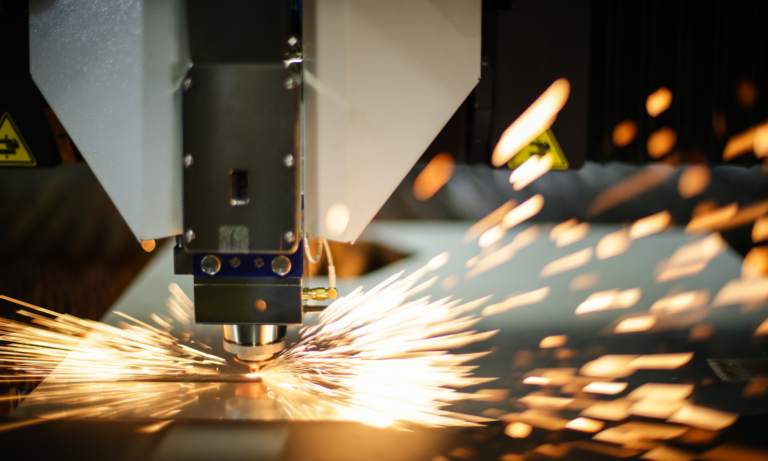CIRC4Bio exemplifies an innovative approach to advancing circular economy principles within the biotechnology sector. Co-funded by LIFE, the EU’s environmental and climate action financial instrument, the project focuses on converting multi-source biomass into high-value products while minimising environmental impact. Z Prime plays a crucial role in evaluating biorefinery plant requirements and developing a comprehensive Biowaste Supply Chain Management system.
Challenges
Traditional methods of waste disposal and resource utilisation are often inefficient and environmentally harmful. Across the biomass refining industry, there is a pressing need for sustainable solutions that can convert waste into valuable products, reduce reliance on fossil fuels, and support a circular economy.
The Project
CIRC4Bio integrates multiple biomass sources, including source-separated food waste, brewery spent grains, spent coffee grounds, potato processing waste, and orange juice industry waste to deliver a comprehensive circularity solution. This approach enables the production of valuable products from biomass, such as oil for biodiesel, bioethanol and biogas, serving as alternatives to fossil fuels and contributing to the reduction of greenhouse gas emissions.
The project emphasises circularity metrics and comprehensive lifecycle assessments to ensure sustainability across the biorefinery process. By optimising resource use and reducing waste generation, CIRC4Bio minimises environmental impact and maximises economic viability. Through eco-design principles, the project develops and implements processes that are environmentally friendly and economically feasible, supporting scalability and replicability across different regions.
Z Prime’s Contributions
Z Prime is responsible for the evaluation of biorefinery plant requirements, including the installation, testing, and commissioning of the SCADA system. This includes maintenance, surveillance, validation, and verification of KPI measurements, translating them into an integrated ICT tool. Additionally, Z Prime designed the Biowaste Supply Chain Management system, creating a full e-commerce ecosystem with information sharing, exchange of goods, and comprehensive tracking and traceability solutions. This culminated in the development of the CIRC4Bio online platform.
Benefits
- Resource Efficiency: Enhances resource efficiency and waste valorisation by integrating multiple biomass sources.
- Environmental Impact: Reduces greenhouse gas emissions by producing alternatives to fossil fuels.
- Economic Viability: Ensures economic feasibility through optimised resource use and waste reduction.
- Scalability: Supports scalability and replicability through eco-design principles.
- EU Alignment: Aligns with EU strategies for sustainable development and carbon emission reduction.
Conclusion
CIRC4Bio represents a significant step towards realising a sustainable and circular economy in the biomass refining sector. By demonstrating the viability of converting diverse biomass streams into valuable products, the project contributes to reducing reliance on fossil fuels and promoting a more resilient and eco-friendly industrial ecosystem. With its comprehensive approach and strong support from the EU’s LIFE program, CIRC4Bio sets a benchmark for sustainable biorefinery practices and circular economy principles in biotechnology.





